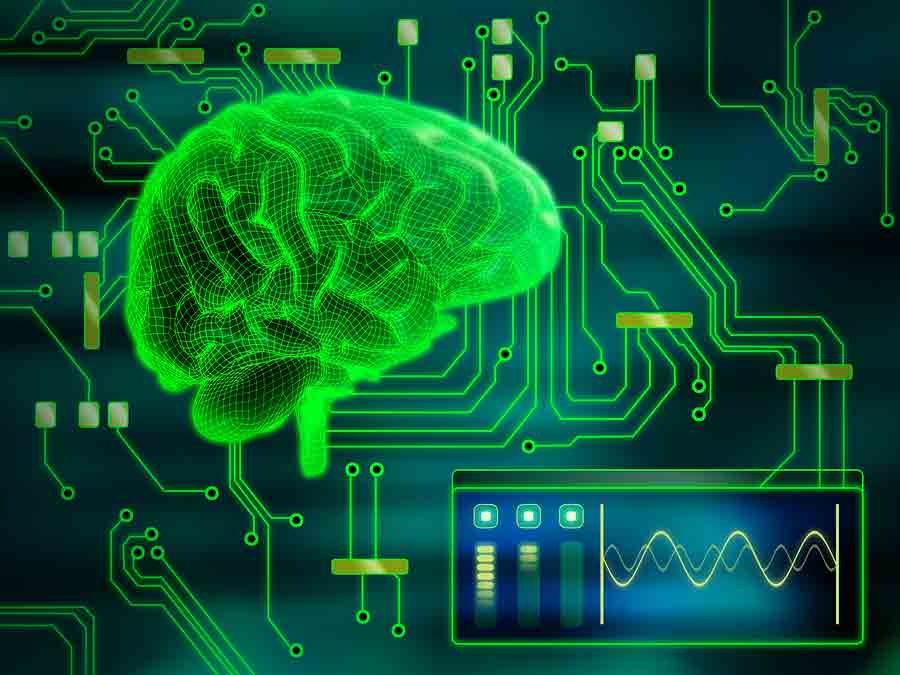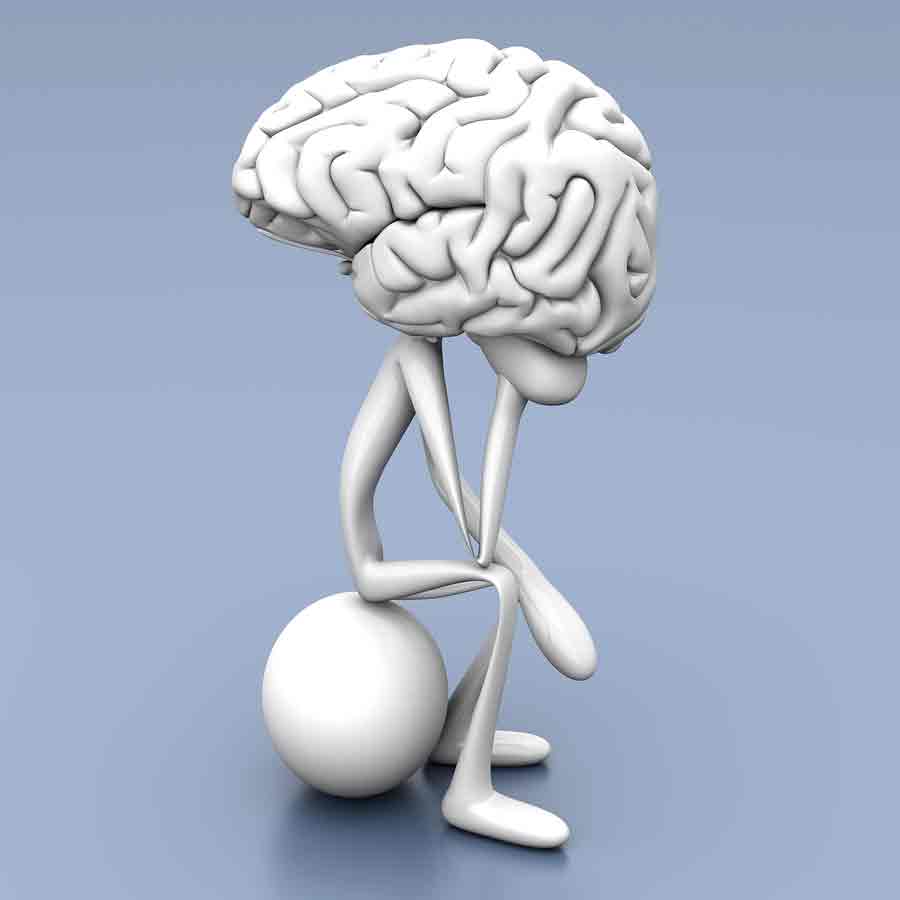Posts Tagged ‘videogames’
London, July 17th: Upgrading Education and Health in light of Neuroscience — The Frontier of Gaming?
We are delighted to invite SharpBrains friends to discover the future of applied neuroscience and gaming at a cocktail evening in London on Thursday July 17th, hosted by Brainbow in collaboration with Strategic North and SharpBrains.
Read MoreUpdate: A Fresh Look at Enhancing Brain & Mental Health Across the Lifespan
Time for SharpBrains’ May 2013 e‑newsletter, which features a variety of articles offering a more optimistic and evidence-based approach to brain and mental health than current practices. First of all, let us highlight that Scientific American just published an excellent review of our new book. The author sums it up by saying that “…I wish I had read…
Read MoreTrain your brain with targeted videogames, not with crossword puzzles
Study shows mental agility game slows cognitive decline in older people (Iowa Now): “Wolinsky and colleagues separated 681 generally healthy medical patients in Iowa into four groups—each further separated into those 50 to 64 years of age and those over age 65. One group was given computerized crossword puzzles, while three other groups were exposed to…
Read MoreDebunking 10 Brain Fitness and Brain Health Myths during Brain Awareness Week
In honor of Brain Awareness Week, let’s debunk ten myths about brain fitness and brain health that remain surprisingly popular. Top 10 brain fitness and brain health myths, debunked: Myth 1. Genes determine the fate of our brains. Fact: Lifelong brain plasticity means that our lifestyles and behaviors play a significant role in how our brains (and therefore…
Read MoreNeuroscientists: Develop digital games to improve brain function and well-being
Authors: Develop digital games to improve brain function and well-being (UW-Madison News): “Neuroscientists should help to develop compelling digital games that boost brain function and improve well-being, say two professors specializing in the field in a commentary article published in the science journal Nature. In the Feb. 28 issue, the two — Daphne Bavelier of the University of Rochester…
Read MoreNational Science Foundation report: Can interactive media boost attention and well-being?
“Behavioral training interventions have received much interest as potentially efficient and cost-effective ways to maintain brain fitness or enhance skilled performance with impact ranging from health and fitness to education and job training. In particular, neuroscience research has documented the importance of explicitly training (i) attentional control, in order to enhance perceptual and cognitive fitness…
Read More




